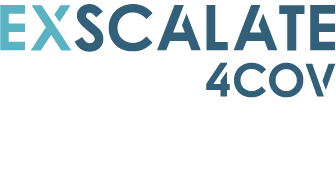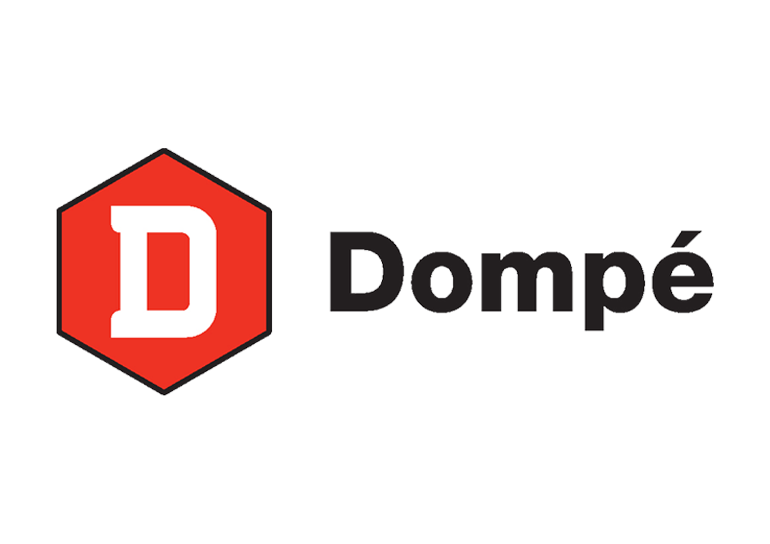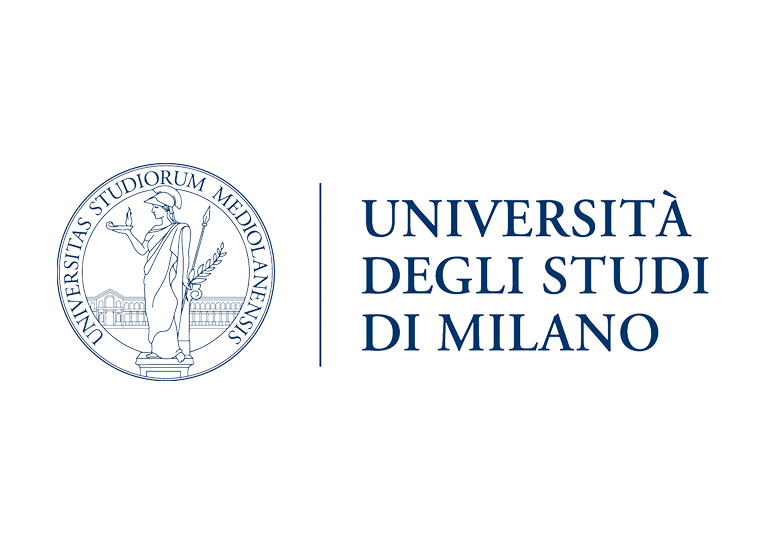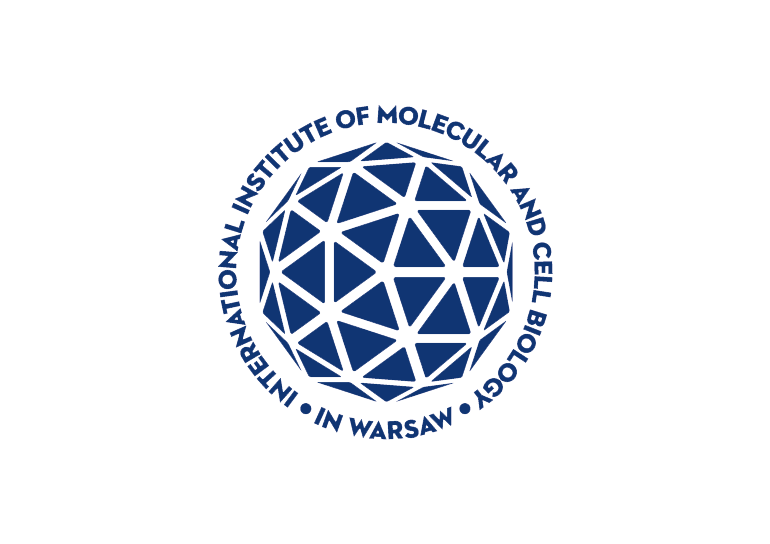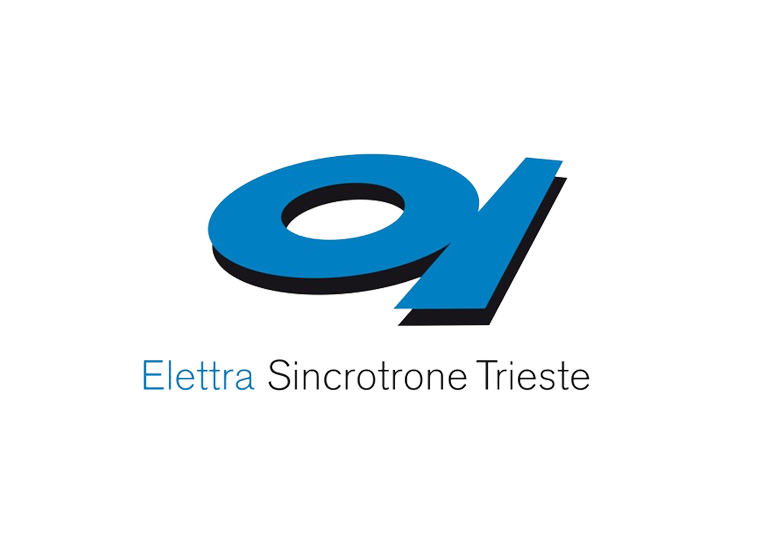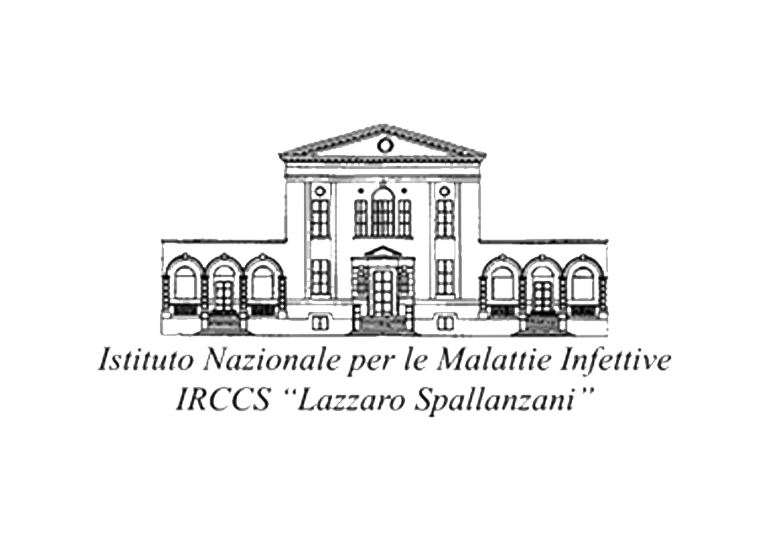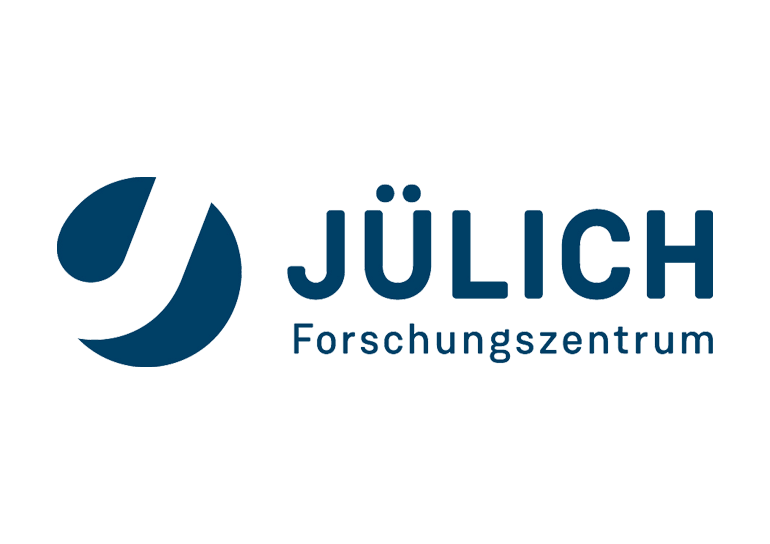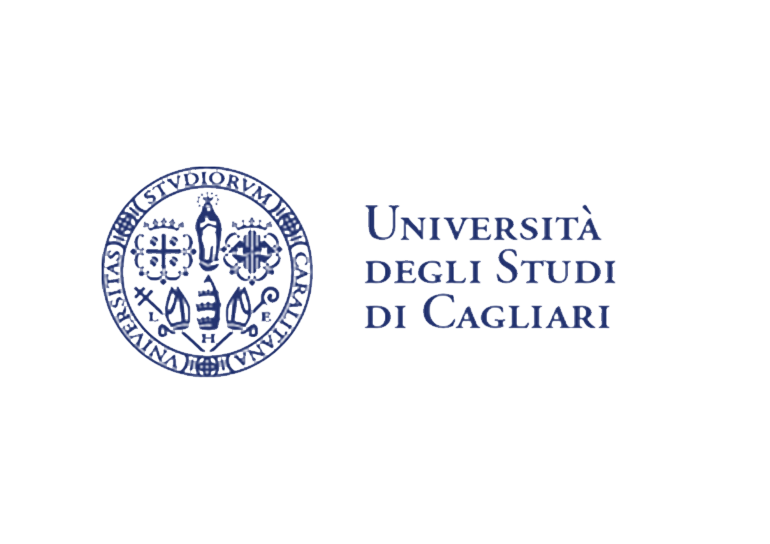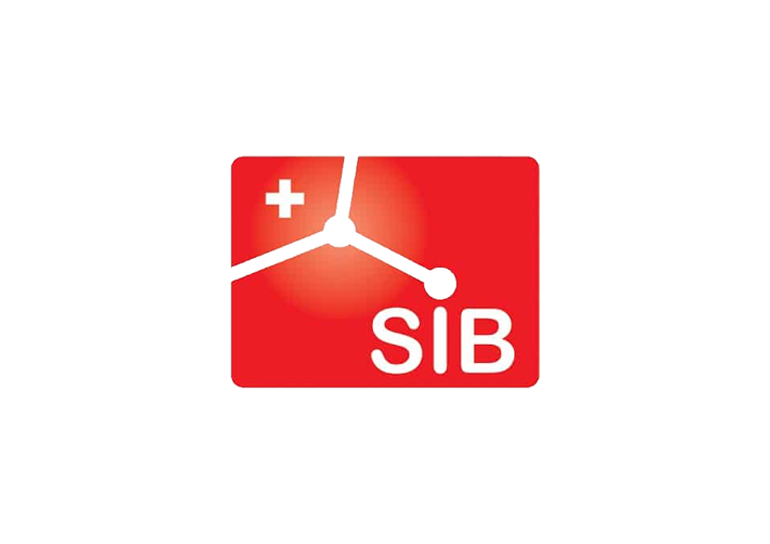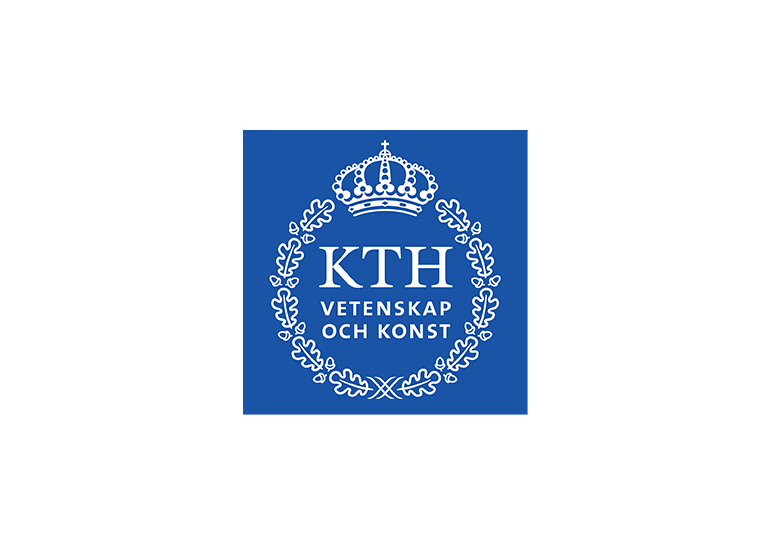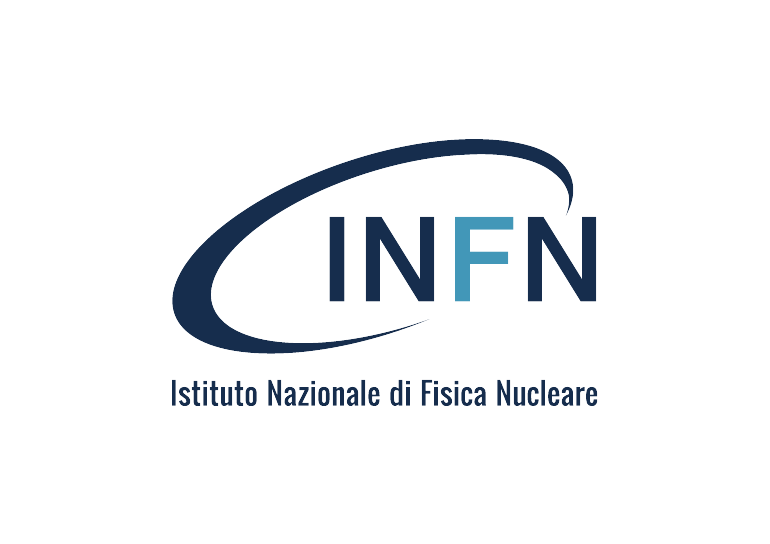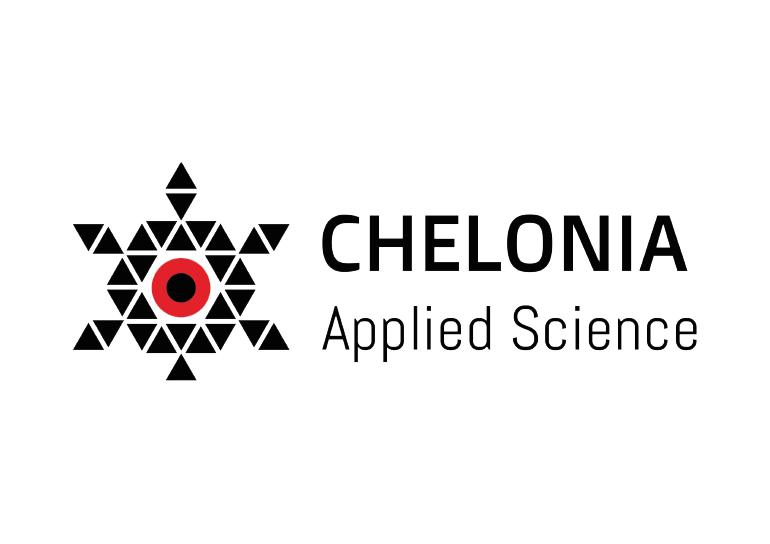Exscalate4COV’s League members are industrial and scientific entities, not formally part of the Consortium, but that contribute materials and knowledge to the project through our DrugBox or by other means.
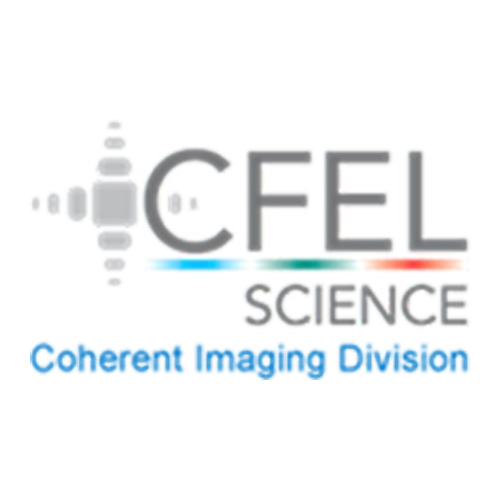
CFEL donated CoV-2 Mpro Protease for assay development. They also performed a high-throughput crystallization libraries screening to find Mpro ligands and publish novel protease complex crystals.
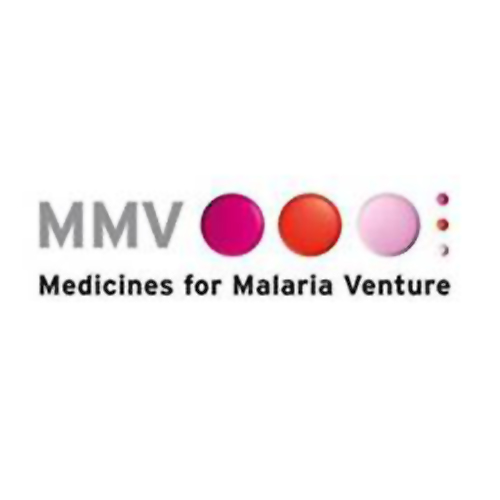
MMV donated 2 large libraries (The Pandemic Response Box and The Pathogen Box) of drug-like molecules (800 compounds) active against infective diseases, both viral and bacterial-based for testing.
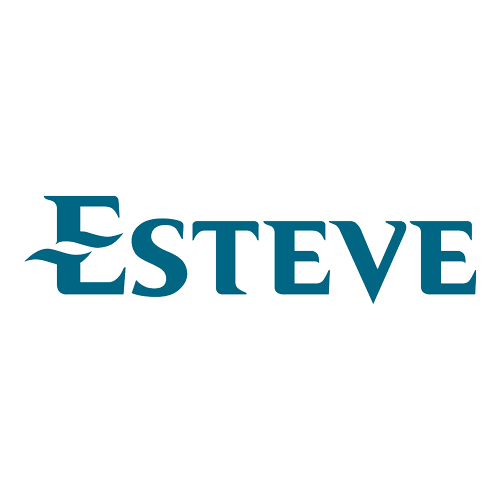
ESTEVE Pharmaceuticals is contributing to the fight against the COVID-19 pandemic from different perspectives:
1) Guarantee of supply of essential medicines included in our portfolio.
2) Collaboration in national and international investigations against COVID-19, including the Exscalate4COV project. We sent proprietary and non-proprietary compounds from our chemical library to be assayed for their potential antiviral activity against SARS-CoV-2 through this initiative.
3) Donations of protection material (Personal Protective Equipment) and laboratory equipment to increase the diagnostic throughput and achieve massive screening of the population.
4) Social responsibility. ESTEVE is sending fresh food to Hospitals and food donations to Food Banks to be distributed to the most vulnerable families and people.
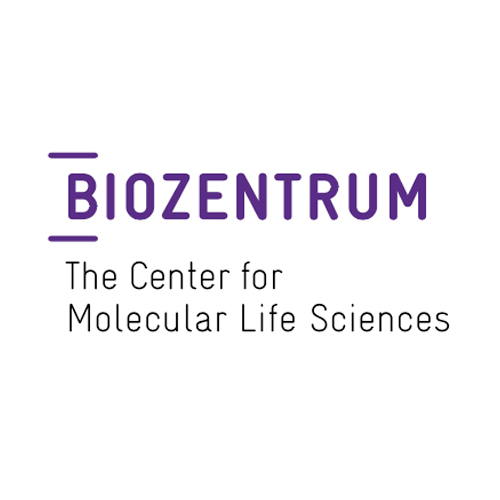
SIB's Computational Structural Biology (CSB) group which runs SWISS-MODEL is hosted at the Biozentrum of the University of Basel
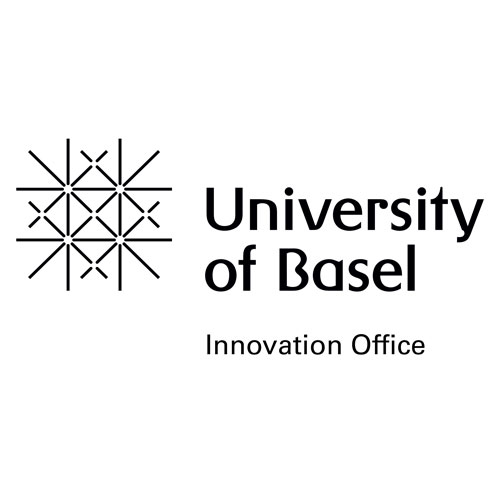
The Innovation Office is reinforcing dissemination and communication activity facilitating contacts with potential partners from the scientific and industrial community.
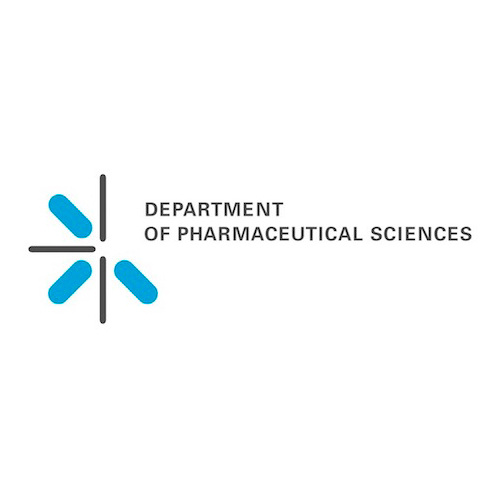
Department of Pharmaceutical Sciences at University of Basel provided a list of selected compounds potentially active against coronavirus to be tested in vitro.


“Taking part in the EXSCALATE4CoV project was a straightforward decision for Pierre Fabre. We have always been very strong believers in joining forces for the benefit of patients and the global fight against the corona virus makes it even more necessary.”
Jean Luc LOWINSKI CEO Pierre Fabre Medical Care

A journey of a thousand miles begins with a single step: Greenpharma, happy to partecipate to this journey against Covid-19, has sent molecules for testing.

University of Sheffield has sent molecules for testing
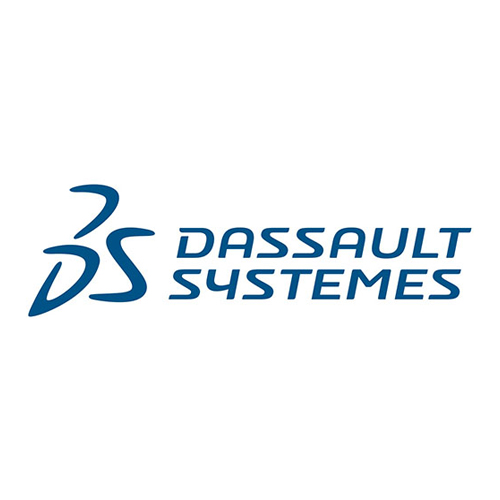
Relying on physical experimentation alone is not economically sustainable in today’s rapidly evolving COVID-19 environment. Scientists need a deeper understanding of both how and why potential antiviral therapies and vaccines will perform against COVID-19, and they need it today.
As an active supporter of the scientific community that is collaborating today on COVID-19 solutions, BIOVIA, Dassault Systèmes develops BIOVIA Discovery Studio. This world-class life sciences modeling and simulation environment brings together over 30 years of peer-reviewed research and world-class in silico technique.
It provides researchers with a complete toolset for use from target identification through lead optimization, including tools for biologics design and analysis, classical simulations, structure- and fragment-based design, virtual ligand screening, as well as ADME and toxicity prediction.
As part of Dassault Systèmes’ corporate social responsibility, BIOVIA Dassault Systèmes is pleased to offer academic research groups involved in SARS-CoV-2 related studies a no-charge, six-month license to BIOVIA Discovery Studio to assist them in the search for rapid, safe and effective therapeutic drug candidates against the SARS-CoV-2 virus.
This offer will run through June 30, 2020.
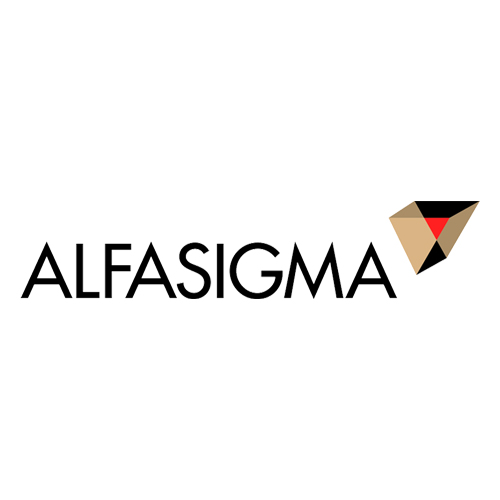
Alfasigma provided four proprietary molecules approved for the treatment of malaria, infections or inflammation for investigating their possible repurposing as anti-viral drugs.

Eni has made its supercomputing infrastructure and its molecular modeling skills available for Coronavirus research to the consortium freely, offering its contribution with its tools and resources of excellence in the fight against this global emergency. Eni has already started the activity with Cineca, and is providing the consortium with its technical skills and its HPC5 supercomputing system, the world's most powerful supercomputer for industrial use. Its hybrid architecture makes the algorithms for molecular simulation particularly efficient.

Foodomics laboratory from CSIC, Spain, contributed sending some compounds for testing against SARS-CoV-2.
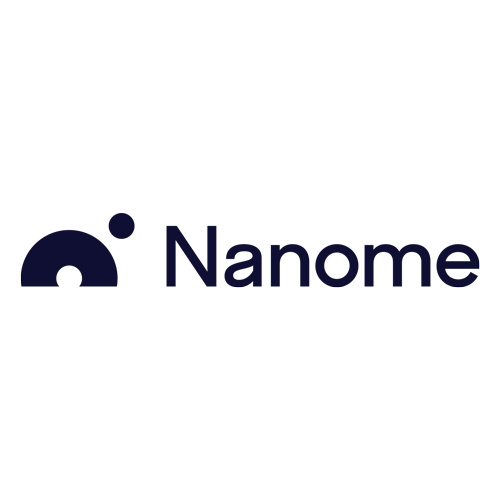
The American company Nanome Inc. is supporting us making their Virtual Reality technology available to serve the consortium partners. Nanome is currently used as one of the tools to help combat the virus by enabling scientists to gain insights into the molecular mechanics of the virus.
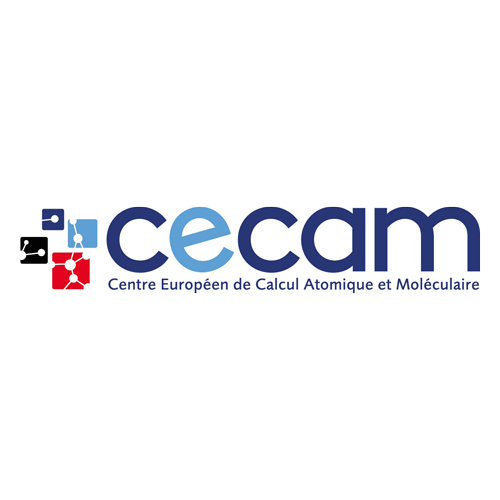
CECAM, headquartered in the Campus of Ecole polytechnique fédérale de Lausanne (EPFL), promotes fundamental research on advanced computational methods and their application to important problems in frontier areas of science and technology.
24 Institutions from 14 European countries, including Ministries, National Research Councils, Research and High Performance Computing Centres, Universities, fund CECAM and concur in defining its strategy and activities. CECAM is supporting the dissemination activity through the organization of webinars and scientific workshops.
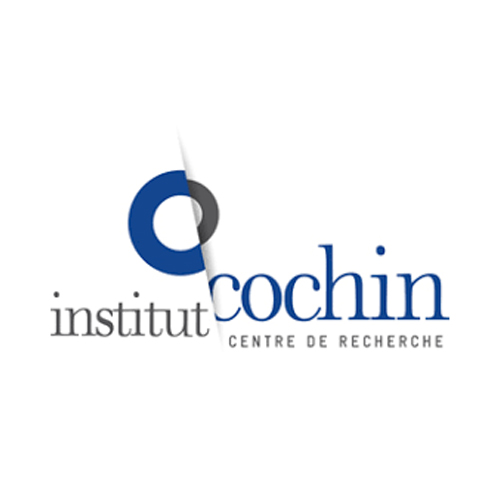
Institut Cochin, affiliated to INSERM, CNRS and the Université de Paris, is a renowned French research institut located in the heart of Hospital Cochin in Paris downtown, dedicated to the investigation of human pathologies in the domains of endocrinology, metabolism, cancer, infection, immunology and others. Our researchers are fully engaged in the fight against COVID-19 and are actively collaborating with the European Consortium EXSCALATE4COV by suppling a diversity of compounds to be tested in the search of a treatment for this disease.

Sofia University “St. Kl. Ohridski” is the oldest and most respected university in Bulgaria. The Biophysics and Biomodeling Group at the Physics Faculty, in collaboration with researchers from several institutes of the Bulgarian Academy of Sciences, works on the unblocking of the immune response in infected by SARS-Cov-2 cells. The group will collaborate with the European Consortium EXSCALATE4COV by providing simulation results and potential compounds to be tested for their immunity restoration potential.
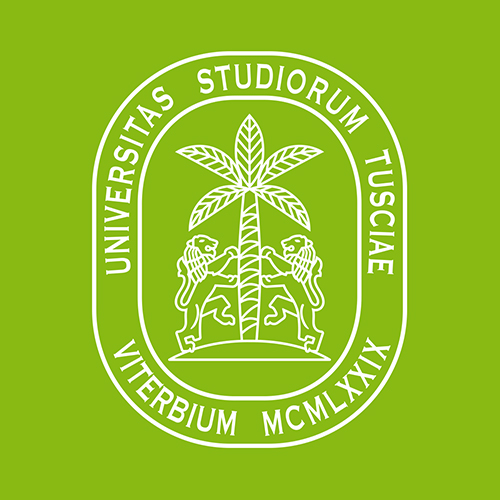
The Department for Innovation in Biological, Agro-food and Forest systems (DIBAF) of Tuscia University (Italy), together with the University of Florida (USA) and University of Monastir/University of Manouba (Tunisia), are actively collaborating with the European Consortium EXSCALATE4COV by providing the MD trajectories produced in the framework of the awarded PRACE project “Molecular Dynamics investigation of the interaction between ACE2 and the spike glycoprotein of SARS-CoV-2”, currently running on Marconi100 @CINECA.

ESTECO is offering its expertise in numerical optimization, post-processing analysis and simulation data management to support the COVID19-related research. ESTECO technology, tools and practical support will be used by POLIMI to maximize the throughput of the “in-silico” screening of molecules.
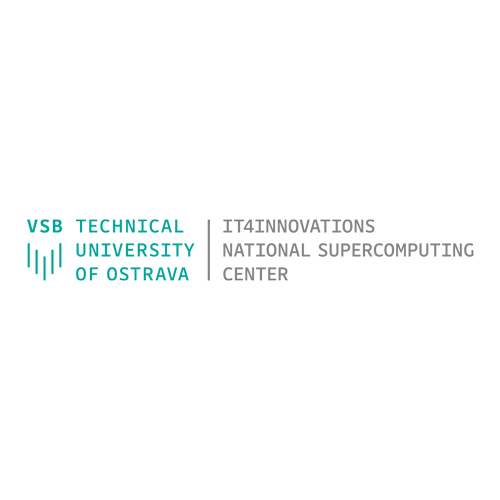
IT4Innovations National Supercomputing Center at VSB – Technical University of Ostrava is supporting through cooperation with POLIMI the E4C consortium in terms of tools, and computing resources in the fight against this global emergency.
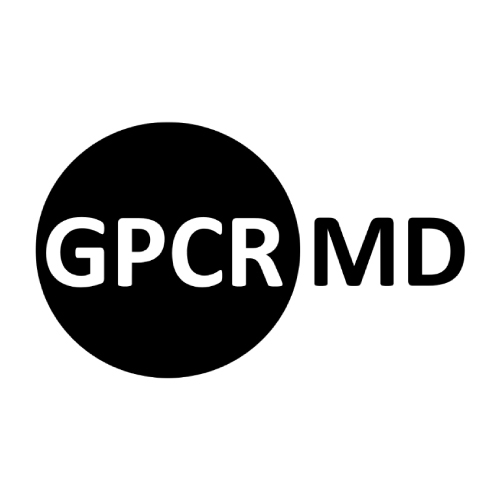
GPCRmd, led by the GPCR Drug Discovery group at the Hospital del Mar Medical Research Institute - Pompeu Fabra University (Barcelona), is a web platform specialized in the dissemination of molecular dynamics simulations for G protein-coupled receptors.
GPCRmd contributes to the fight against the COVID-19 pandemic by applying their expertise to develop a web platform for the dissemination of molecular dynamics simulations for SARS-CoV-2 related proteins. For that, it provides a collection of online tools to easily visualize, analyze and share such data.

SAS is supporting Excalate4CoV project with its analytics solutions and expertise.
Thanks to innovative technology, artificial intelligence and analytics, SAS will help research groups getting insight from the data to identify the most promising model.
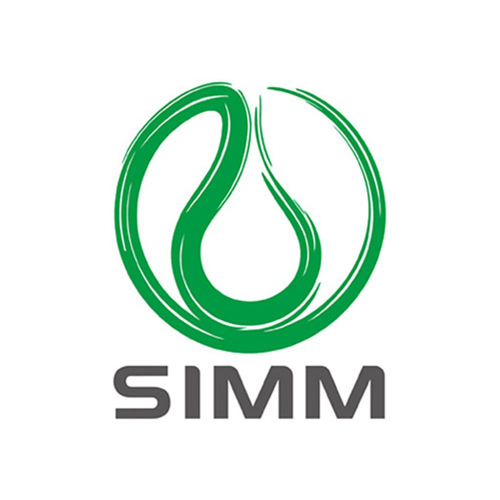
Shanghai Institute of Materia Medica, the Chinese Academy of Sciences, started a collaboration in March to speed up research on Covid-19. Sharing results of the research led to the selection of some molecules (about 50) that could prove useful against the Sars-CoV-2 virus. The in silico and in vitro tests, carried out simultaneously in China and in Italy, aim to select a restricted group of active ingredients, effective to counteract the mechanisms of action - cell replication and entry mechanism in human cell - of the virus, with a good safety profile and tolerability for humans. The biochemical screening and crystallography of the Sars-CoV-2 virus C3L protein are proving to be of particular importance. This protein is in fact the basis of the main functional mechanisms of aggression of the human cell virus. A better understanding of the biochemical dynamics of this protein represents one of the fundamental steps to identify the contrast mechanisms to the virus.
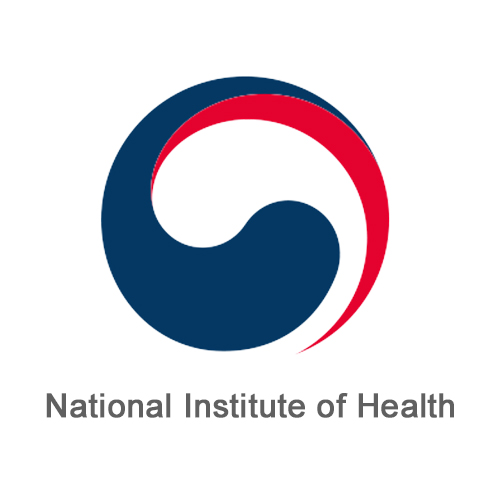
The Korea National Institute of Health (KNIH), one of the major operating components of the Ministry of Health and Welfare, leads the nation’s medical research. Over the past seven decades, the KNIH has made unwavering efforts to enhance the public’s health and innovate biomedical research.
The KNIH seeks to eradicate diseases and make people healthier. The KNIH establishes a scientific basis and evidence underlying health policy as well as provides national research infrastructures. We also promote public health research. To this end, we make efforts to enrich a health research environment by granting funds to research projects and keeping our resources, data, and facilities more open and accessible to researchers.

The GBSA is carrying out a variety of small and medium-sized projects in Gyeonggi-do from developing ideas from start up foundation to commercialization of their products and services and developing overseas markets for them and are leading the way in revitalizing Gyeonggi-do’s entrepreneurship ecosystem and fostering small but strong global enterprises. In addition, we are striving not only to support science and technology R&D, but to foster the bio-tech industry and advance the local industry.
In addition, we are acting as the control tower of the 4th Industrial Revolution to promote science and technology in Gyeonggi-do and secure a sustainable future growth engine.
In the future, the GBSA will steadily lead Gyeonggi-do’s development of future growth engines and job creation, and the growth of Korean companies in the 4th Industrial Revolution. We would like to ask for your generous support and encouragement so that the GBSA will be able to create a better future of Gyeonggi-do and become a more trusted organization for customers.
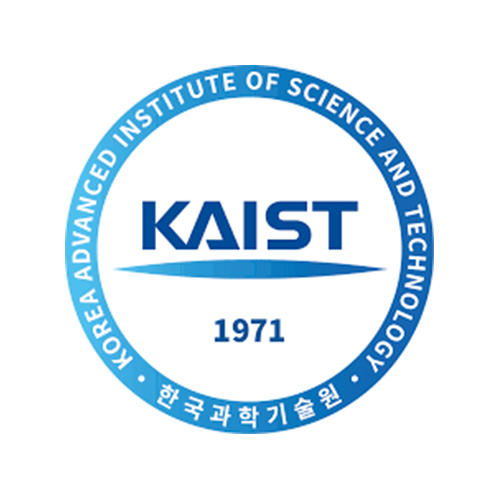
KAIST is the first and top science and technology university in Korea. KAIST has been the gateway to advanced science and technology, innovation, and entrepreneurship, and our graduates have been key players behind Korea’ innovations.
KAIST will continue to pursue advances in science and technology as well as the economic development of Korea and beyond.
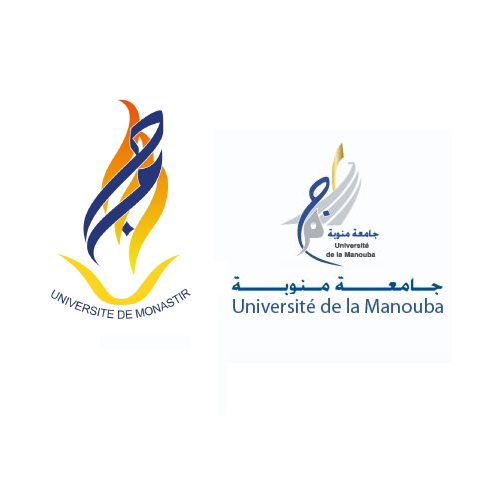
The Department of Biotechnology of the High Institute of Biotechnology of Sidi Thabet (University of Manouba, Tunisia) and the Laboratory of Transmissible Diseases and Biological Active Substances LR99ES27, Faculty of Pharmacy (University of Monastir, Tunisia) are working together with the Department for Innovation in Biological, Agro-food and Forest systems (DIBAF) of Tuscia University (Italy) to modeling the new variants of SARS-CoV-2 and carrying out the Molecular Dynamics Simulations of mutants..
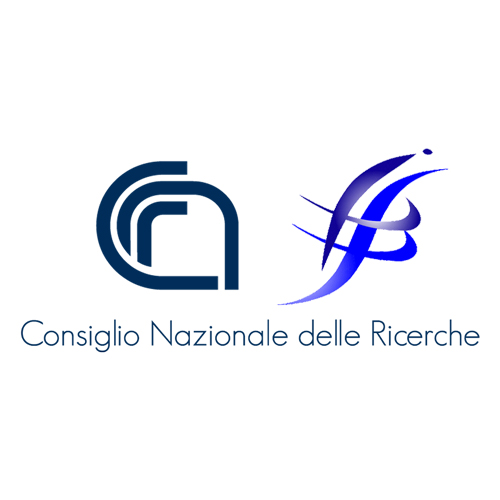
The mission of the Biophysics Institute of the Italian National Research Council (IBF-CNR) is the quantitative study of the functional mechanisms of biological systems through biophysical techniques and multidisciplinary methods. IBF-CNR supports the activities of the consortium contributing computational tools for the sequence-structure-function analysis of the SARS-CoV-2 genome.
